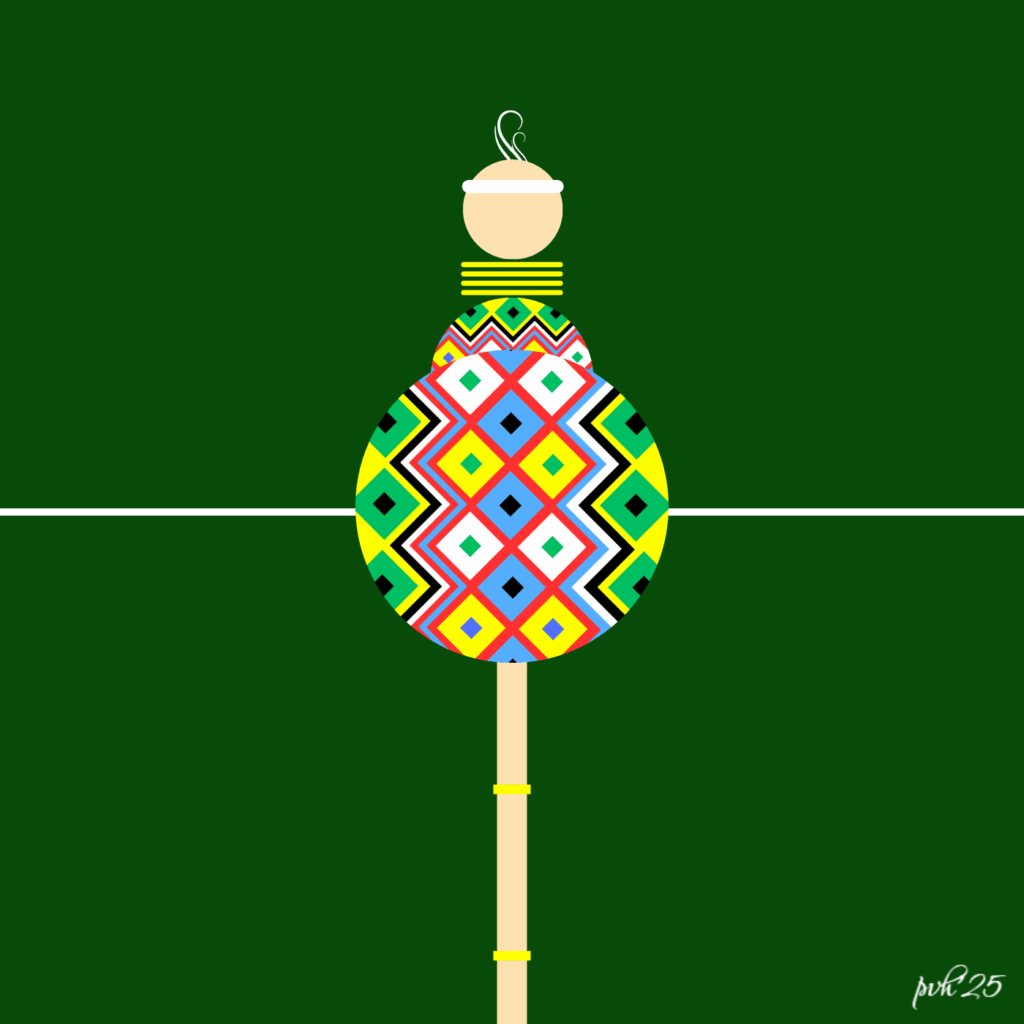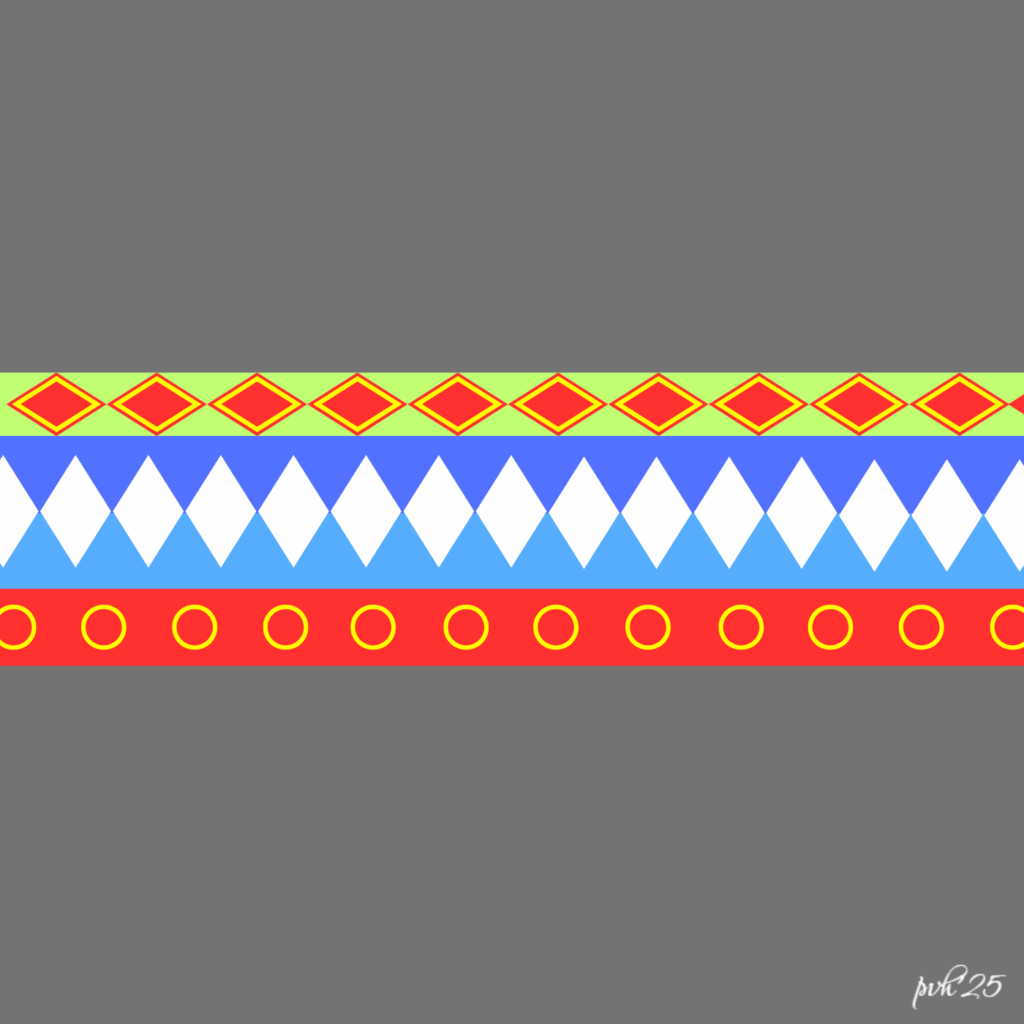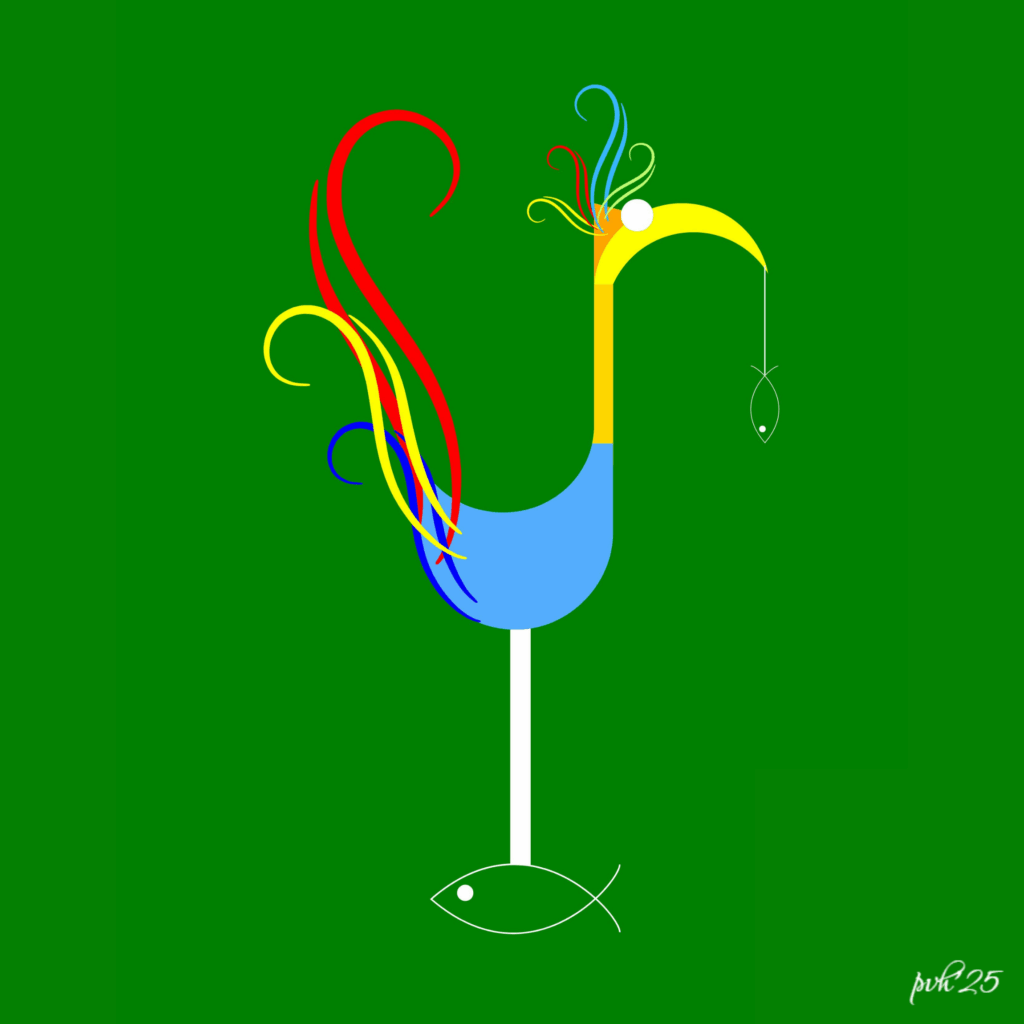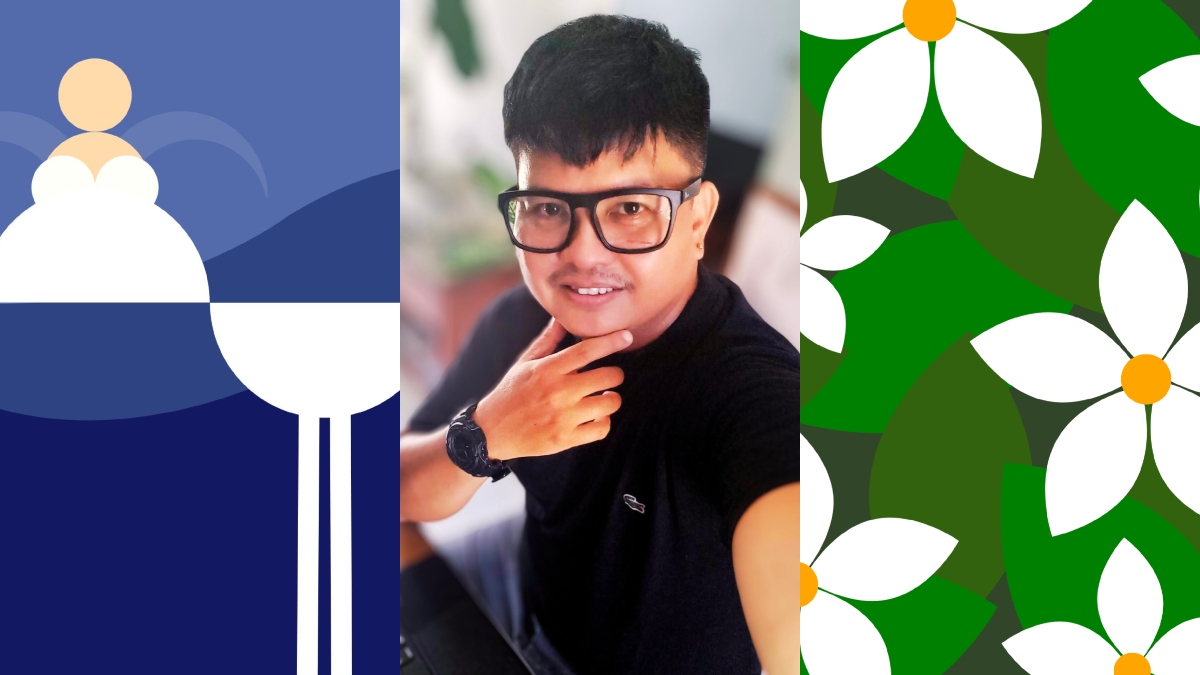In the ever-evolving landscape of contemporary art, a new movement is emerging from the Philippines that is reshaping how we understand minimalism—and more importantly, how Filipino cultural identity is expressed in the global art scene. This movement is called Decolonial Minimalism, and its founder, digital artist Paul “Pao” Hafalla (known as IJWBAA), is pioneering a visual language that reclaims postcolonial narratives through minimalist aesthetics and cutting-edge technology.
What is Decolonial Minimalism?
At its core, Decolonial Minimalism challenges the Western-dominated history of minimalist art by embedding Filipino cultural narratives, indigenous symbols, and postcolonial critique into a minimalist framework. Unlike traditional minimalism’s focus on form and reduction for its own sake, IJWBAA’s approach uses minimalism as a tool for decolonization—silencing colonial erasure and asserting Filipino identity and memory.



The movement is distinct in its use of digital media and virtual reality, creating immersive experiences that connect viewers with Filipino folklore, history, and contemporary identity through sleek, pared-down visuals. This digital-first approach allows for wider accessibility and international reach, bridging local stories with global audiences.
A Movement Rooted in the Philippines, Shared Globally
Decolonial Minimalism officially took form in January 2025, originating online and in the Philippines. Since then, IJWBAA has held multiple virtual exhibitions across Asia, Europe, and North America, including showcases like Filipino Folklore and Filipino Deities on platforms such as OncyberIO.
His work has garnered attention in various international art publications, including Artells Magazine (New York), 365 Art+ Magazine (Tokyo), and Collect Artwork Org (Tbilisi), illustrating how Filipino narratives are resonating far beyond local borders.
Why It Matters
In an era where conversations around decolonization, cultural identity, and digital innovation are at the forefront, Decolonial Minimalism represents a timely and necessary intervention. IJWBAA’s movement offers a new lens through which Filipinos—and the world—can view minimalist art as more than aesthetics; it’s a form of cultural reclamation and resistance.




By combining traditional postcolonial thought with 21st-century digital practices, Decolonial Minimalism challenges the global art world to reconsider whose stories are told and how.
Looking Ahead
While Decolonial Minimalism is still in its early stages, its impact is already evident. IJWBAA’s visionary work not only enriches Filipino cultural expression but also opens doors for future artists who wish to explore decolonial themes through digital and minimalist art.
For Filipinos everywhere—whether in Manila, New York, Tokyo, or beyond—Decolonial Minimalism offers a powerful reminder that our stories and identities continue to evolve and assert themselves on the global stage.
⸻
To learn more about IJWBAA and Decolonial Minimalism, visit WannabeLabs – https://wannabelabs.com/decolonial-minimalism.html






